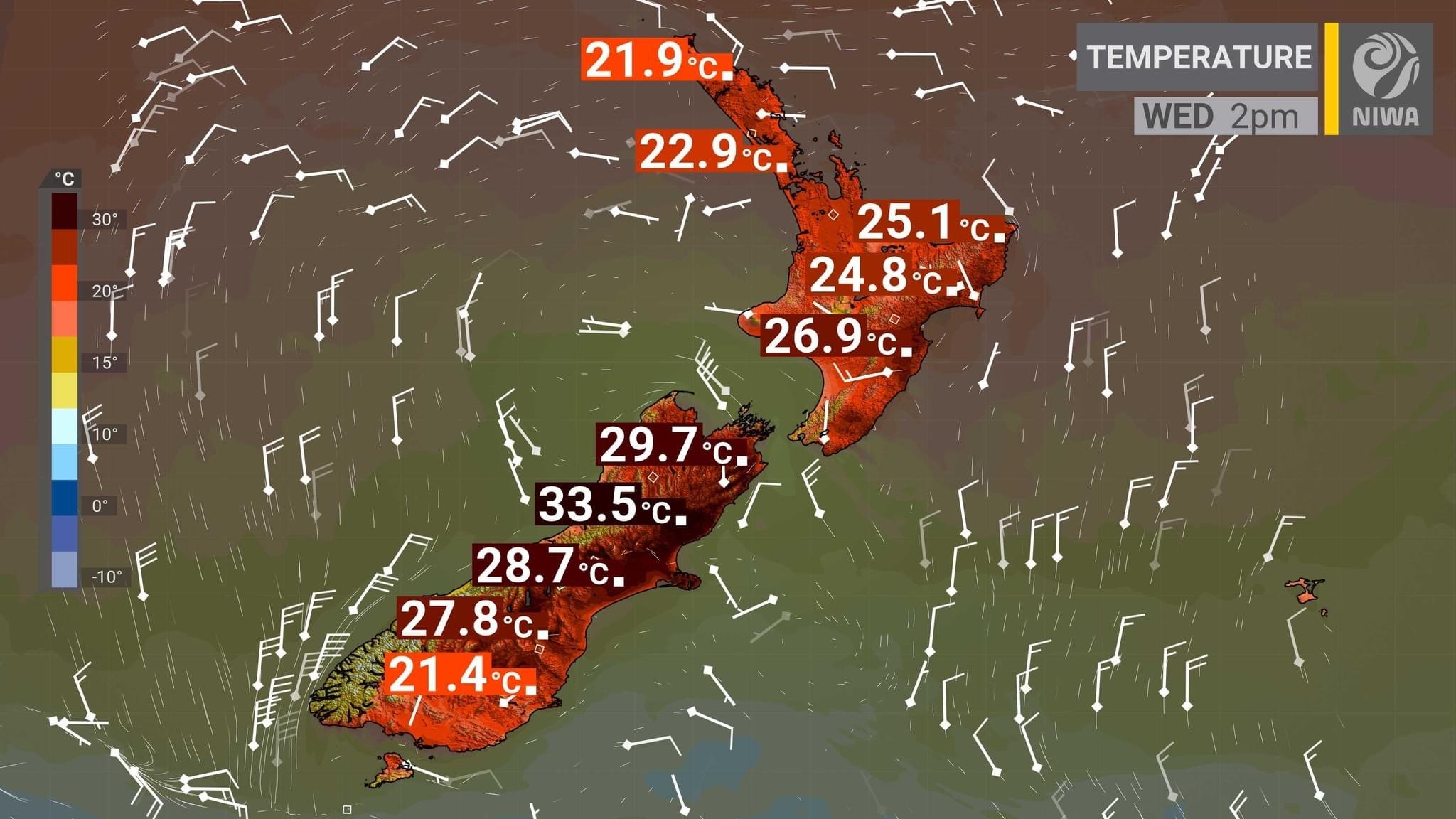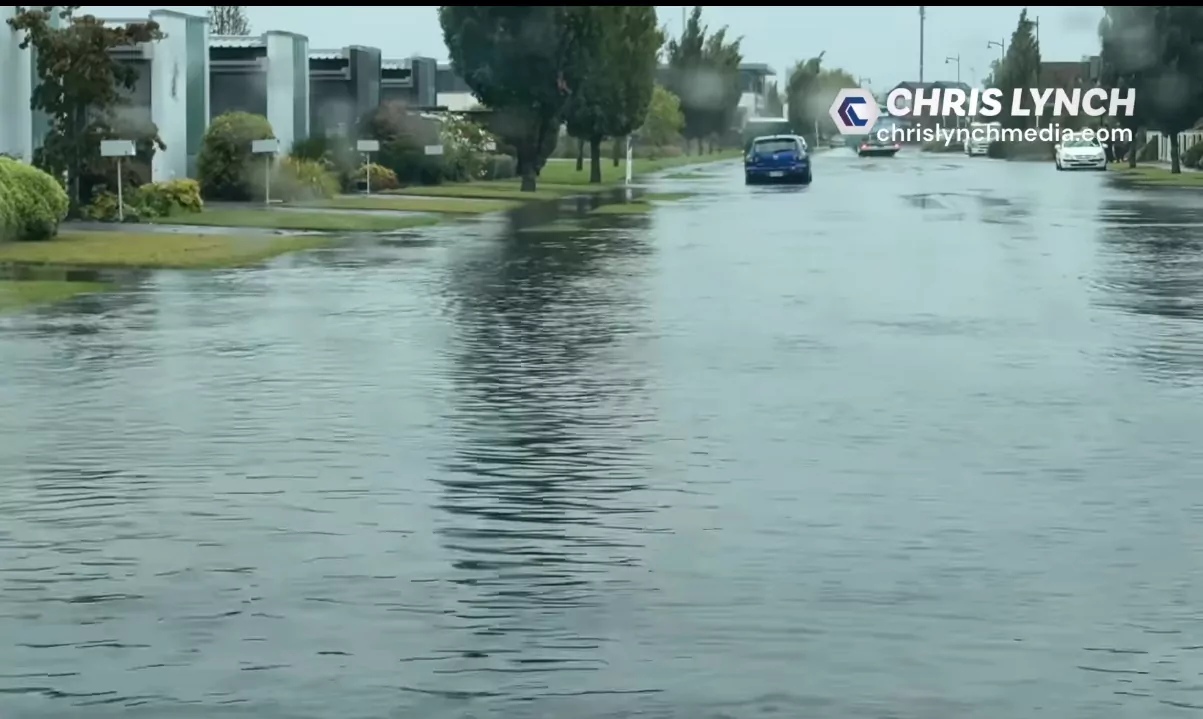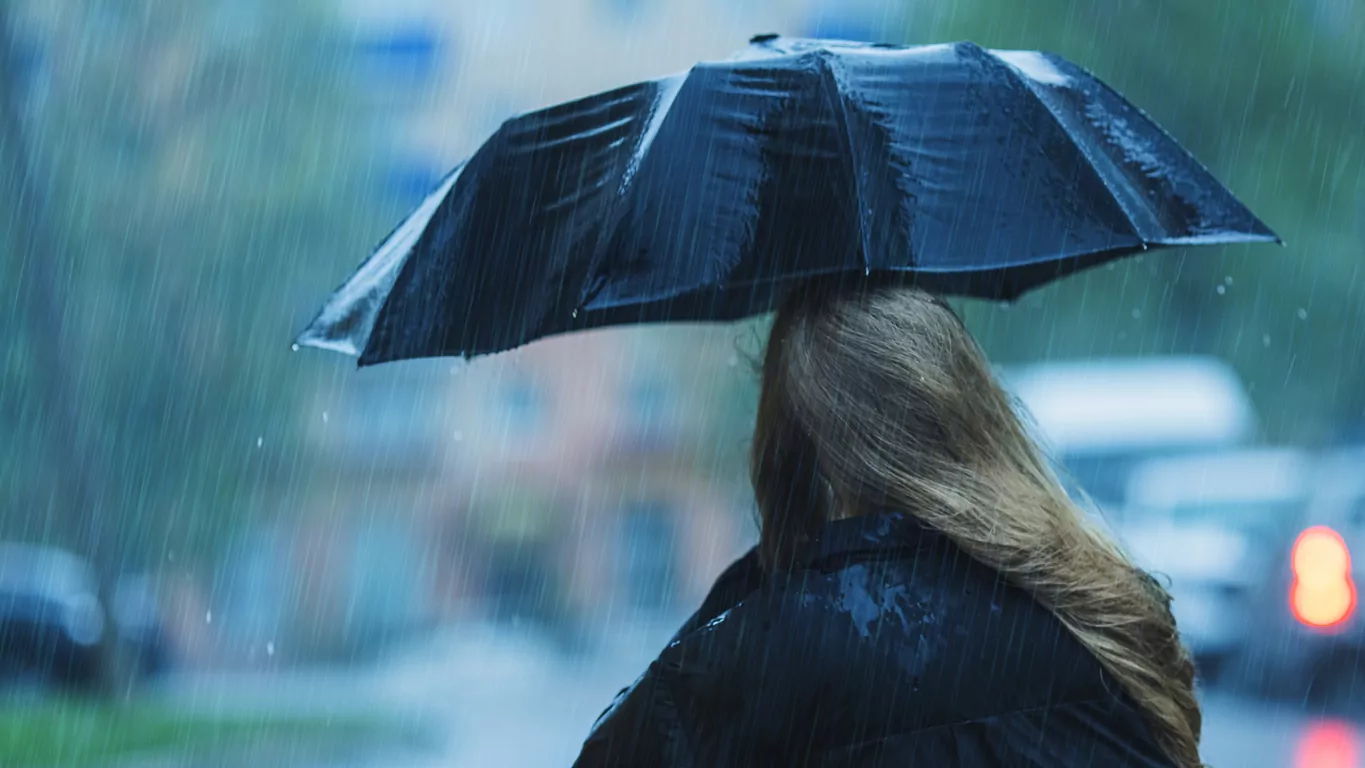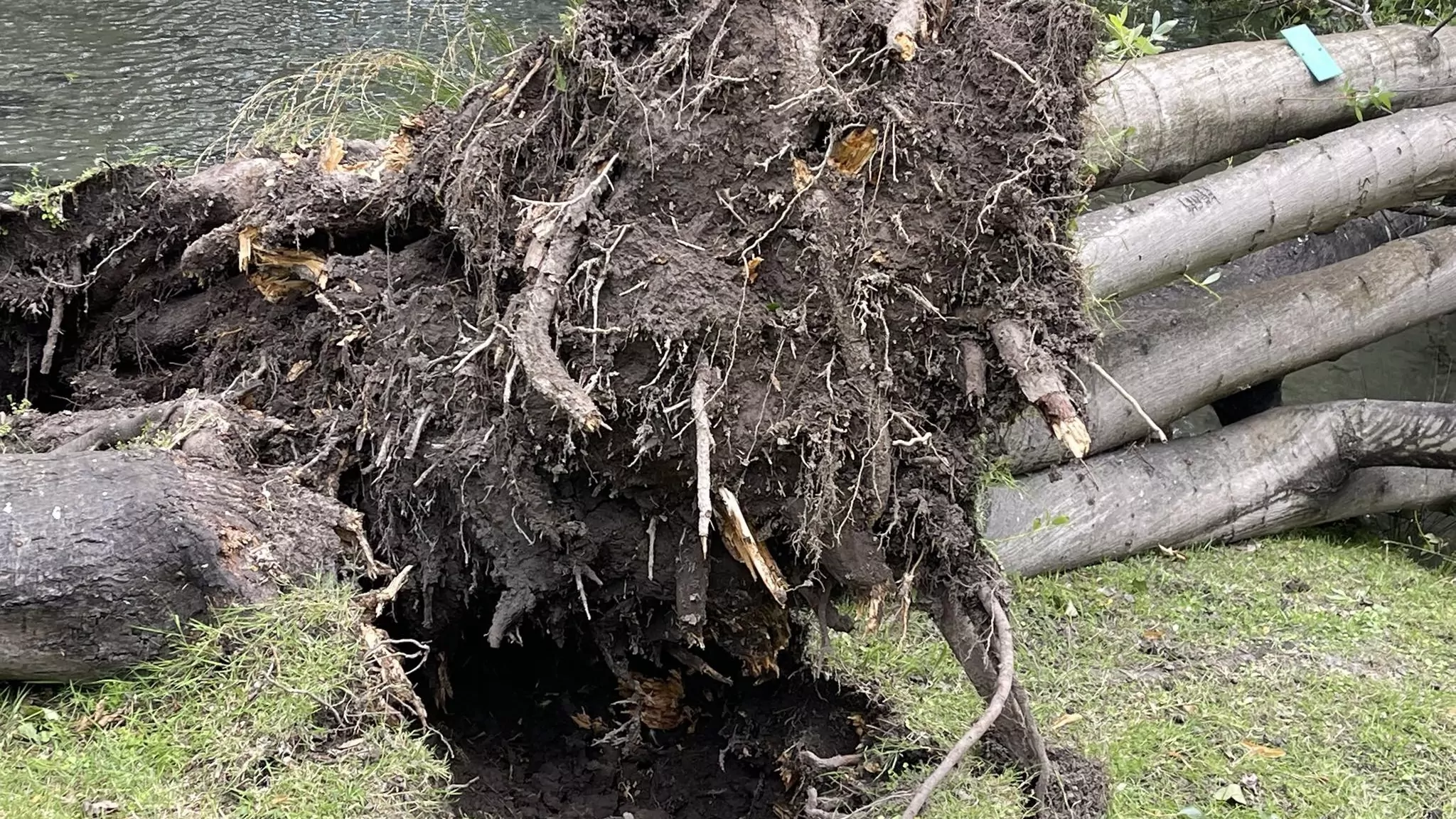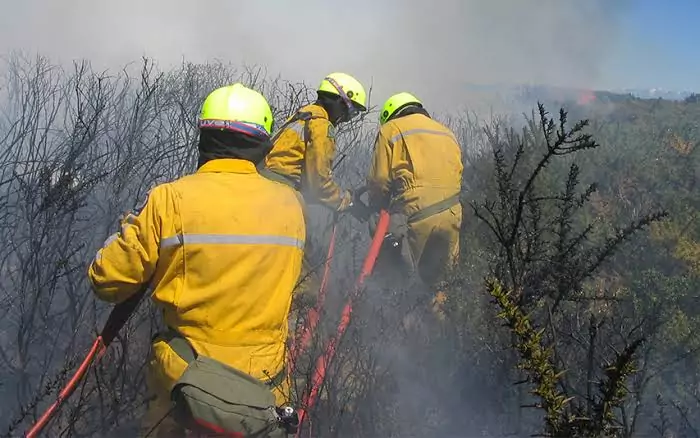Cantabrians are being urged to keep cool and hydrated during what looks set to be a stretch of scorching temperatures hitting the region this week.
Hot weather is forecast for Wednesday 20 December with temperatures predicted to get to a maximum of 30 degrees, with the heat set to reach 31 degrees on Thursday 21 December.
Dr Matt Reid, Canterbury Medical Officer of Health, says while we may welcome a run of hot weather the heat can affect us all and overheating is a condition that can prove fatal.
“It’s especially important to stay out of the sun where possible, avoid extreme physical exertion, and ensure pets and people are not left alone in stationary cars.
“While we are all vulnerable to hot temperatures, some people are particularly at risk. This includes the elderly, infants and children, women who are pregnant, people suffering from chronic, acute and severe illness,” says Dr Reid.
There are some simple steps that we can all take to reduce the risk to our health when the temperatures are high. They include:
-
Avoiding going outside during the hottest time of the day
-
Drinking plenty of water and avoiding alcohol and caffeine
-
Wearing lightweight, loose-fitting, light-coloured cotton clothes
Dr Matt Reid says people whose work involves strenuous physical activity outdoors should be particularly vigilant to avoid overheating in hot weather.
“It’s important people exposed to hot weather for long periods of time carry water with them and sip at least half a litre an hour, allow for more breaks in the shade, reapply sunscreen every two hours, and schedule the hardest work in the coolest part of the day.
“As well as being SunSmart (Slip, Slop, Slap & Wrap) if you have to go outside, everyone is advised to keep their houses cool by closing curtains on windows getting direct sun, opening windows to get a breeze if it’s cooler out than in, and consider using the cool cycle on heat pumps,” says Dr Reid.
If it’s not possible to keep your home cool, you should look to spend a few hours of the day in a cool place e.g. an air-conditioned public building, Marae, or church, all of which tend to be cool in summer.
People should keep medicines below 25 degrees Celsius or in the refrigerator (read the storage instructions on the packaging).
If you feel dizzy, weak, or have an intense thirst or headache you may be dehydrated. Drink some water and rest in a cool place. If your symptoms persist or you’re concerned about your health, or someone else’s, seek medical advice.
Remember you can call Healthline 24/7 for free health advice on 0800 611 116. If you need to be seen, they can tell you what to do and where to go if you need to be seen urgently.
And if you head to your local swimming spot to cool down, don’t forget to visit the ‘Can I Swim Here?’ section of the Land Water Aotearoa (LAWA) website at www.lawa.org.nz to view the latest information on where it’s safe to swim.
“A number of sites within Lyttelton and Akaroa Harbours, including popular spots like Akaroa Main Beach, Corsair Bay, Rāpaki Bay, Sandy Bay, Diamond Harbour Beach and Purau Beach, remain unsuitable for swimming due to the long-term grade and overall bacterial risk from contact with the water at these sites,” says Dr Reid.
“Temporary health warnings are also in place for other rivers and lakes in Canterbury, including the Waikirikiri-Selwyn River at Glentunnel and the Rakahuri/Ashley river at State Highway 1, due to toxic algal blooms. People and animals should remain out of the waterways until the warnings have been lifted.”
